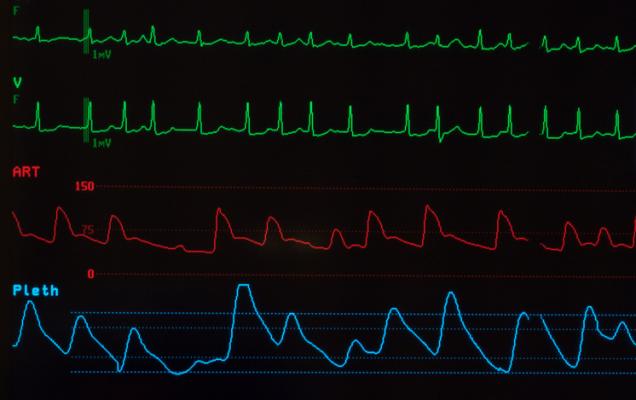
Getty Images
February 6, 2024 — Cortex announced the initiation of its RESOLVE-AF trial (NCT05883631), a study formally launched in late October 2023. The international, multi-center trial will provide clinical evaluation of Cortex's 510(k) cleared Ablamap System with electrographic flow (EGF) and newly released Ablacath Mapping Catheter basket mapping catheter to identify extra-pulmonary vein EGF sources. EGF mapping allows physicians to detect EGF sources and is designed to individualize ablation strategies based on underlying pathophysiologic mechanisms to potentially improve outcomes. This trial aims to demonstrate that EGF mapping can be used to identify EGF sources outside the pulmonary veins in all types of patients, including those with paroxysmal, persistent, and long-standing persistent AFib and undergoing de novo or redo procedures.
AFib is the most common heart rhythm disorder, affecting more than 30 million patients worldwide. No consensus currently exists regarding the optimal treatment of persistent AFib patients. There is a significant need for efficient, targeted ablation strategies in patients where pulmonary vein isolation (PVI) alone falls short—an increasingly common scenario. "The Ablamap System's EGF mapping has the potential to provide a much-needed solution for identifying extra-pulmonary vein sources of AF," said Dr. David Haines, Principal Investigator of the RESOLVE-AF study and Director of the Heart Rhythm Center at Corewell Health in Royal Oak, MI. "By guiding ablation therapy, [EGF mapping] can enable clinicians to provide personalized, highly targeted treatment."
The RESOLVE-AF trial has been successfully enrolling patients at several centers in the U.S. and may enroll up to 400 subjects across 20+ centers in the US and Europe. It builds on the recently completed randomized, controlled FLOW-AF trial (NCT04473963), which demonstrated that EGF-guided treatment of AFib sources in persistent AFib patients improved freedom from AFib at one year post-ablation by 51% on an absolute basis compared with patients randomized to control, who received conventional pulmonary vein isolation therapy only. The Ablamap System includes a workstation with software and monitor, amplifier, and proprietary basket mapping catheter and cables. "I appreciated the simplicity of the system and the insight it provides during complex redo AFib cases," said Dr. Wilber Su, Director of Cardiac Electrophysiology at Banner-University Medical Center and Associate Professor of Medicine at the University of Arizona.
Initial clinical experience and case presentations using the Ablamap system will be presented by Dr. Kent Nilsson, Dr. David Haines, and Dr. Wilber Su at the upcoming AF Symposium.
For more information: www.cortex.co


 January 05, 2026
January 05, 2026 









